PM launches ten-year drugs plan amid claims of cocaine taking in Commons
Government to target ‘casual’ middle-class users along with addicts and dealers
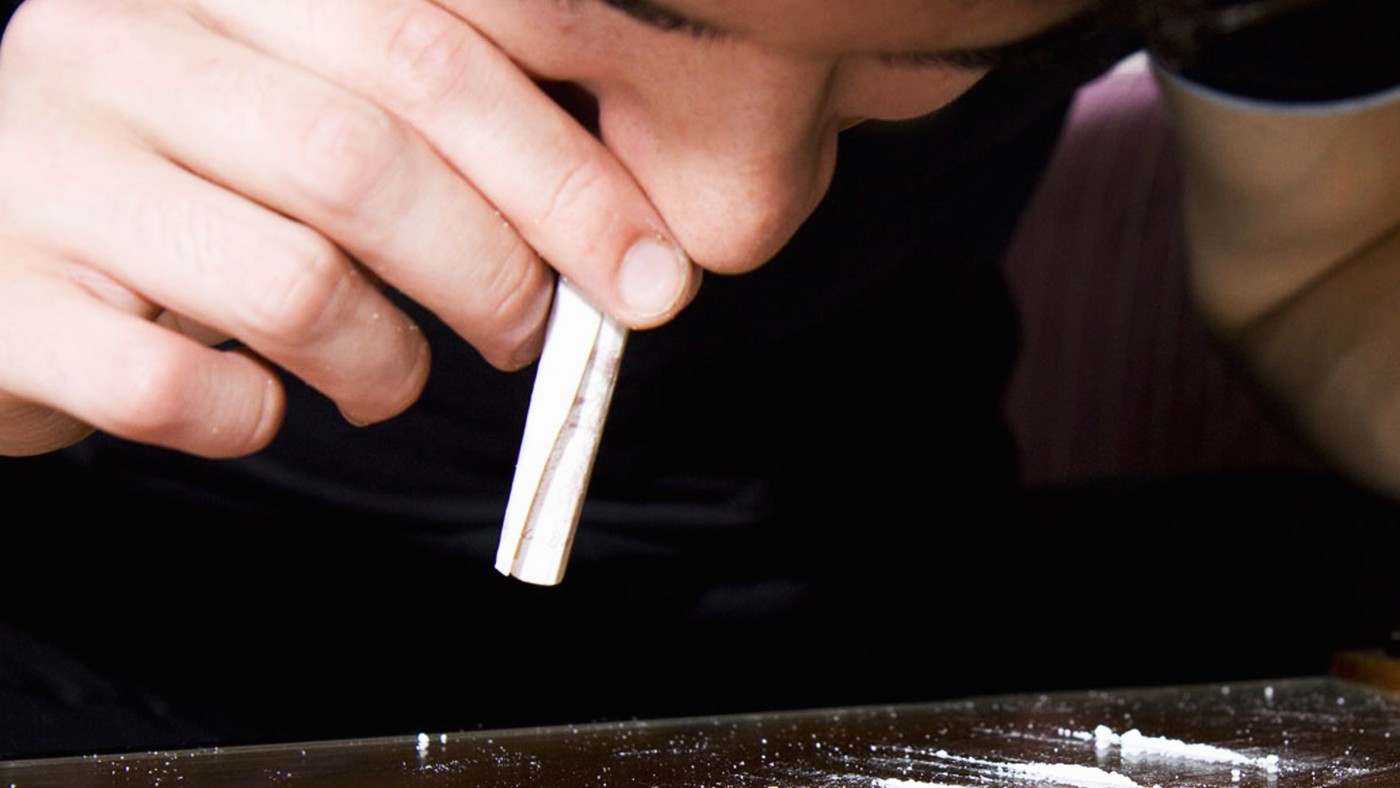
A free daily email with the biggest news stories of the day – and the best features from TheWeek.com
You are now subscribed
Your newsletter sign-up was successful
A ten-year anti-drugs plan being unveiled by Boris Johnson today has already been dismissed as a “backwards step” by campaigners.
The Sun on Sunday says the new plan amounts to an “all-out war on drugs”, with middle-class, or “lifestyle”, users of Class A substances to lose their passports or driving licences.The police will also be handed powers to go through drug dealers’ phones and contact their customers with warnings about drug use.
The Guardian said the strategy has a “heavy focus on targeting users and suppliers, including gangs behind the so-called county lines phenomenon, which often sees young, vulnerable people turned into cross-country mules”.
The Week
Escape your echo chamber. Get the facts behind the news, plus analysis from multiple perspectives.

Sign up for The Week's Free Newsletters
From our morning news briefing to a weekly Good News Newsletter, get the best of The Week delivered directly to your inbox.
From our morning news briefing to a weekly Good News Newsletter, get the best of The Week delivered directly to your inbox.
The prime minister told The Sun on Sunday that “what I want to see is a world in which we have penalties for lifestyle drug users that will seriously interfere with their enjoyment of their own lifestyles”.
The planned measures also include the largest ever single increase in investment in treatment and recovery, which is expected to be made available to 50 local authorities.
But his proposals immediately came under fire. Niamh Eastwood, executive director of think-tank Release, said that while “increased funding for drug treatment is welcomed”, the “focus on more punitive sentences for people who supply drugs is a continuation of a tired tough-on-drugs narrative”.
She pointed to more progressive approaches overseas, such as the launch of drug consumption rooms in New York and the legalisation of cannabis in Germany. Yet while “over 30 countries have ended criminal sanctions for possession of drugs”, she said, “Britain is going backwards, embracing a Nixon-style ‘war on drugs’ approach”.
A free daily email with the biggest news stories of the day – and the best features from TheWeek.com
The crackdown is being announced just 24 hours after claims emerged about cocaine and other illegal substances being used in Parliament. According to The Sunday Times, “many sources have described casual cocaine use by a group of MPs and detection wipes found evidence of the class A drug in 11 out of 12 locations tested in the building”, including “in the lavatories nearest the private offices of Johnson and the home secretary”.
Commons Speaker Lindsay Hoyle said he would investigate Westminster’s drug culture after the traces of cocaine were detected in places accessible only to people with parliamentary passes.
Freedom of information requests have previously revealed that two drug dealers were arrested and 13 people were detained for drugs possession on or around the parliamentary estate in the last year.
And “Commons officials received reports last month that cannabis could be smelt in the open space between Portcullis House and 1 Parliament Street”, said the newspaper, which suggested that sniffer dogs may be used to search for drugs in the “corridors of power” under a crackdown by the Commons authorities.
-
 James Van Der Beek obituary: fresh-faced Dawson’s Creek star
James Van Der Beek obituary: fresh-faced Dawson’s Creek starIn The Spotlight Van Der Beek fronted one of the most successful teen dramas of the 90s – but his Dawson fame proved a double-edged sword
-
 Is Andrew’s arrest the end for the monarchy?
Is Andrew’s arrest the end for the monarchy?Today's Big Question The King has distanced the Royal Family from his disgraced brother but a ‘fit of revolutionary disgust’ could still wipe them out
-
 Quiz of The Week: 14 – 20 February
Quiz of The Week: 14 – 20 FebruaryQuiz Have you been paying attention to The Week’s news?
-
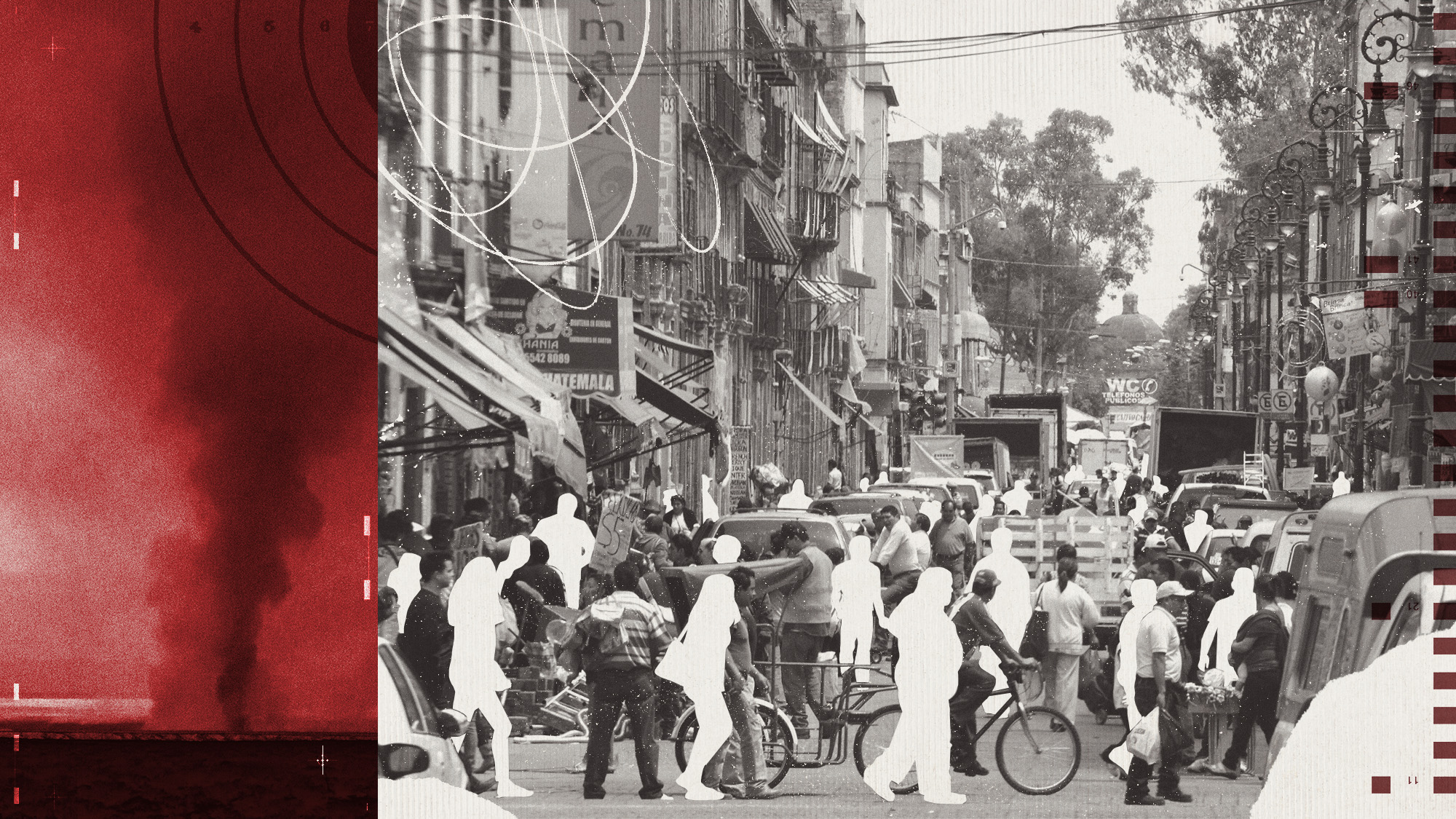 Mexico’s forced disappearances
Mexico’s forced disappearancesUnder the Radar 130,000 people missing as 20-year war on drugs leaves ‘the country’s landscape ever more blood-soaked’
-
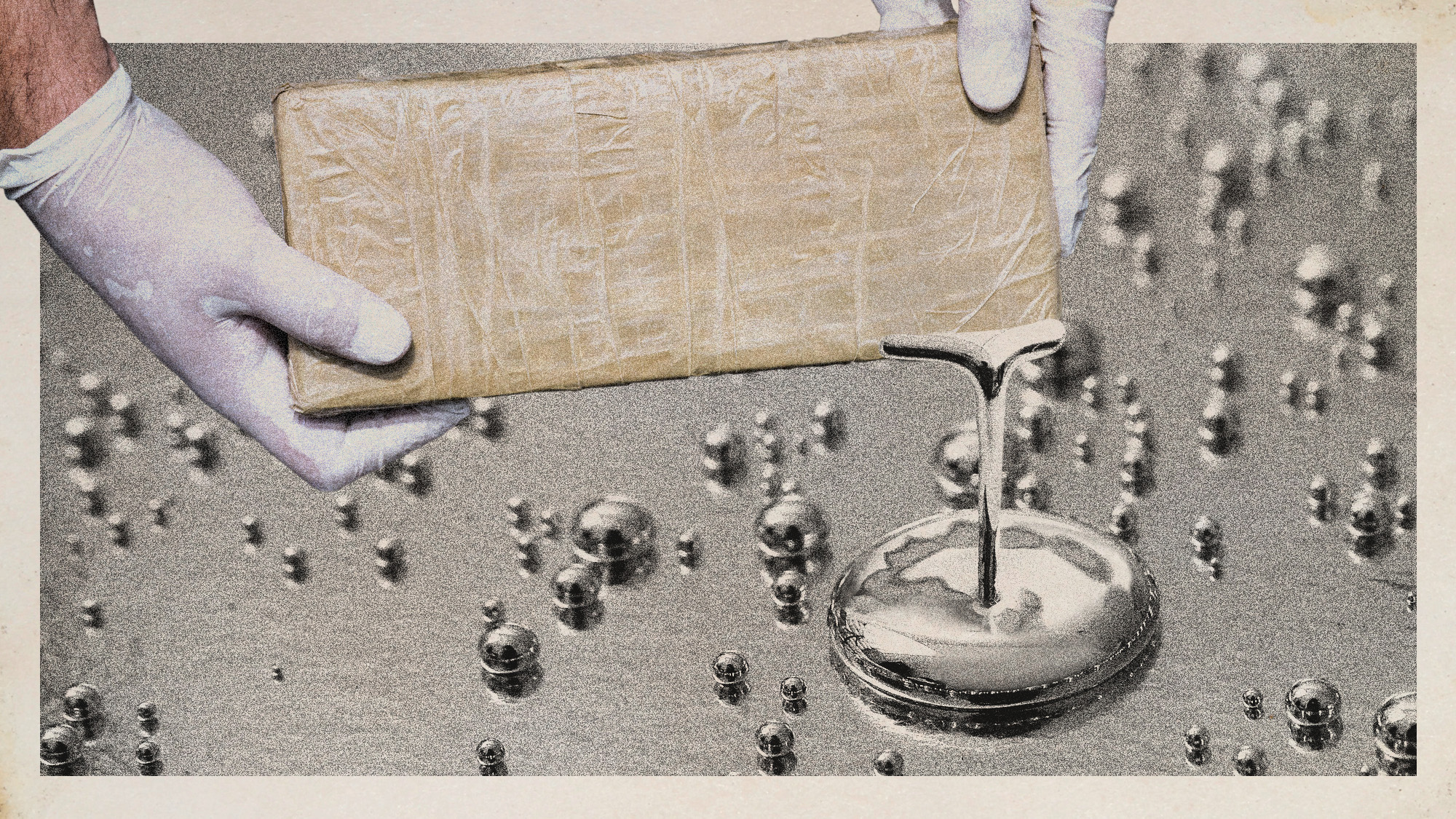 Illicit mercury is poisoning the Amazon
Illicit mercury is poisoning the AmazonUnder the Radar 'Essential' to illegal gold mining, toxic mercury is being trafficked across Latin America, 'fuelling violence' and 'environmental devastation'
-
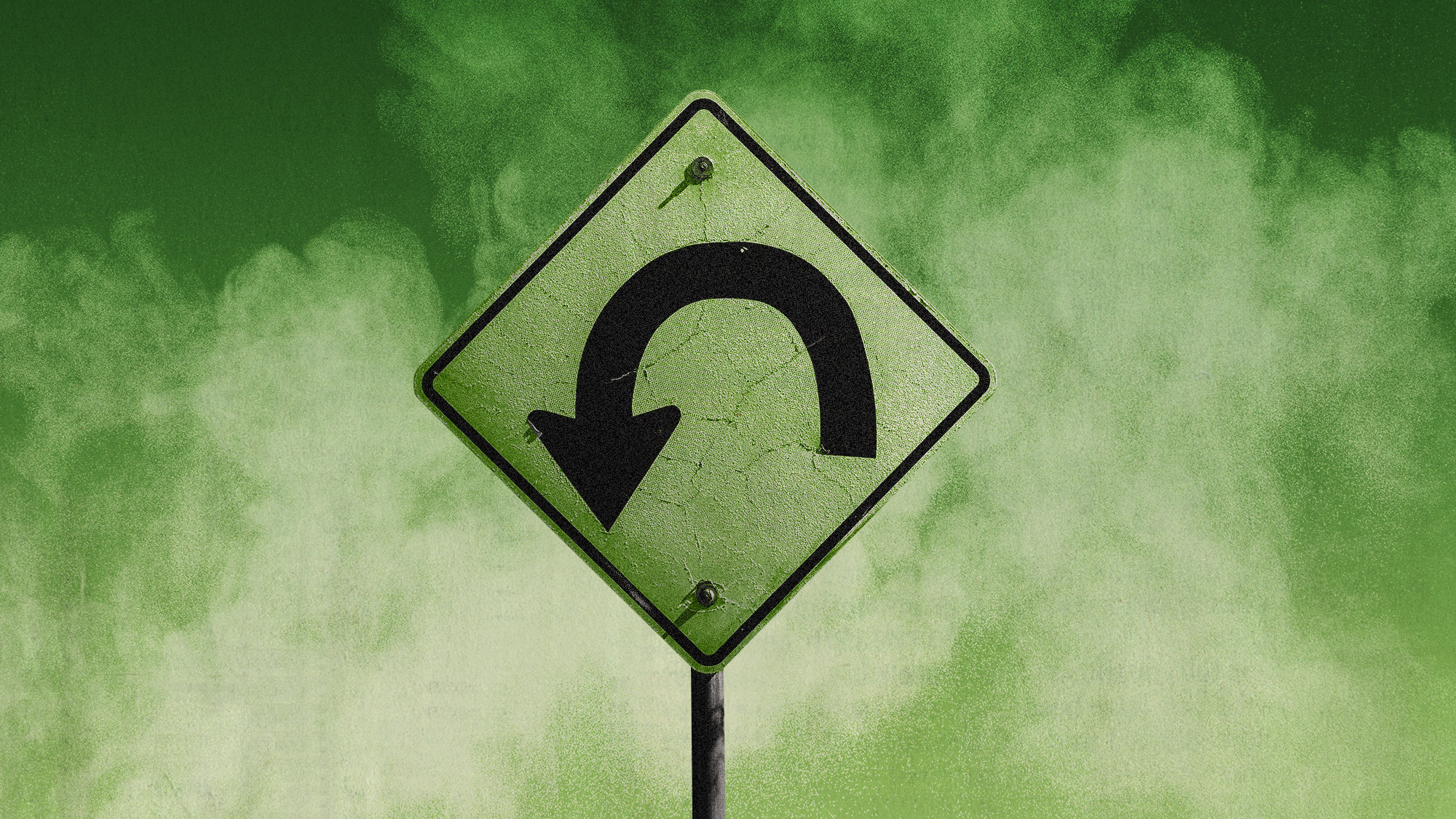 Thailand is rolling back on its legal cannabis empire
Thailand is rolling back on its legal cannabis empireUnder the Radar Government restricts cannabis use to medical purposes only and threatens to re-criminalise altogether, sparking fears for the $1 billion industry
-
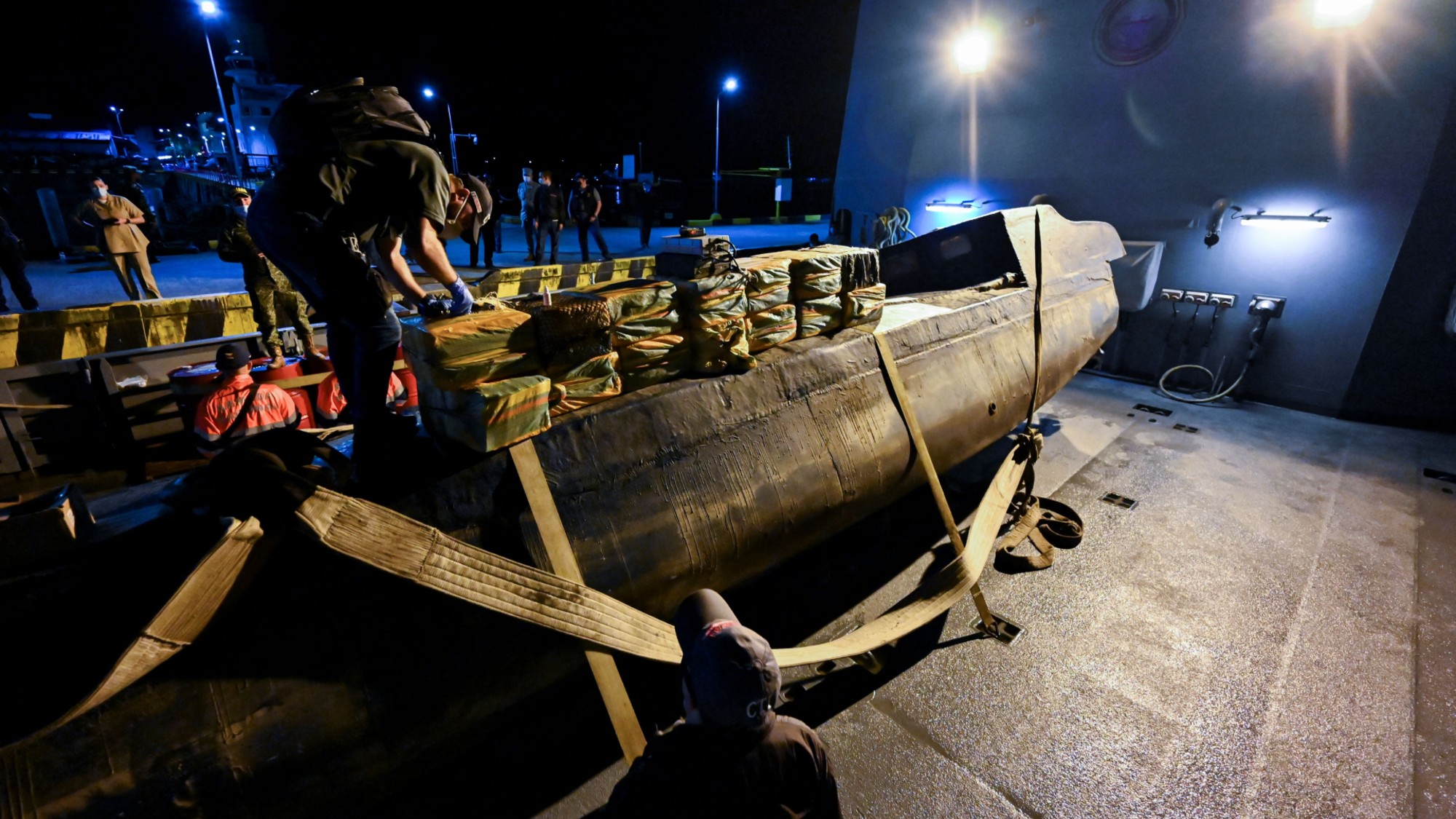 Narco subs are helping to fuel a global cocaine surge
Narco subs are helping to fuel a global cocaine surgeThe Explainer Drug smugglers are increasingly relying on underwater travel to hide from law enforcement
-
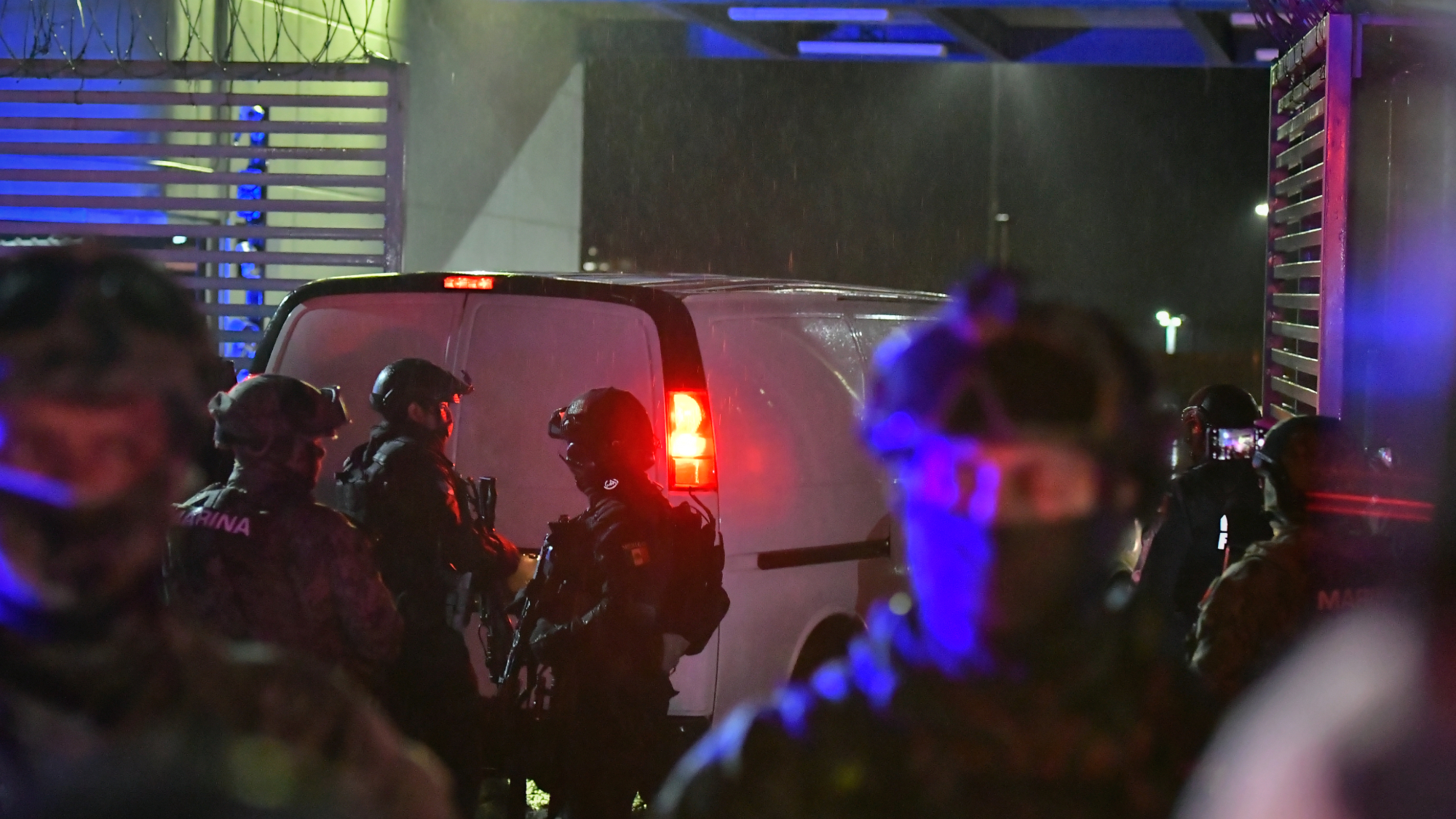 Mexico extradites 29 cartel figures amid US tariff threat
Mexico extradites 29 cartel figures amid US tariff threatSpeed Read The extradited suspects include Rafael Caro Quintero, long sought after killing a US narcotics agent
-
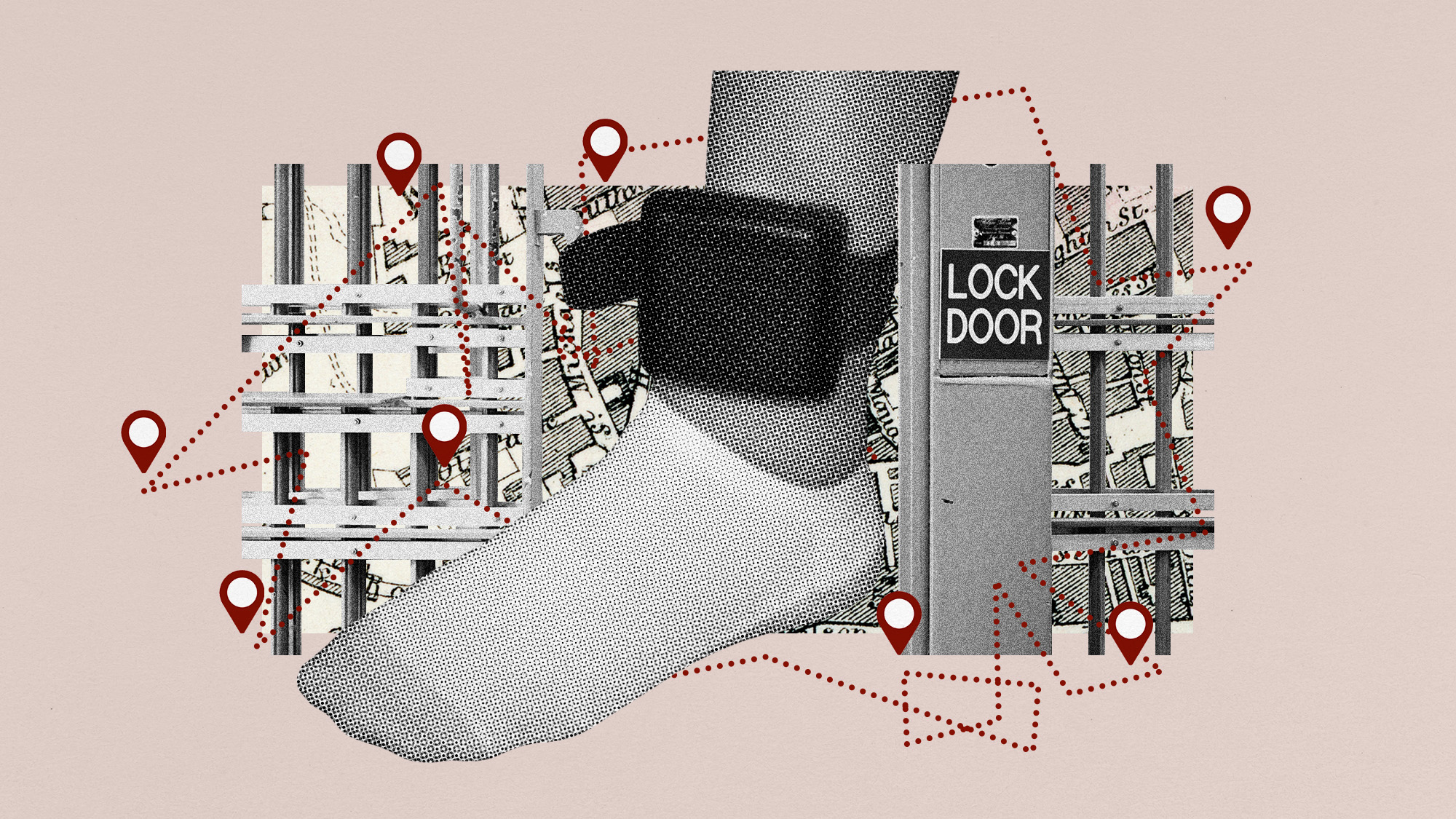 'Virtual prisons': how tech could let offenders serve time at home
'Virtual prisons': how tech could let offenders serve time at homeUnder The Radar New technology offers opportunities to address the jails crisis but does it 'miss the point'?
-
 Inside Marseille's deadly drug wars
Inside Marseille's deadly drug warsThe Explainer Teenage hitmen recruited through social media are lured by money and gang 'brand'
-
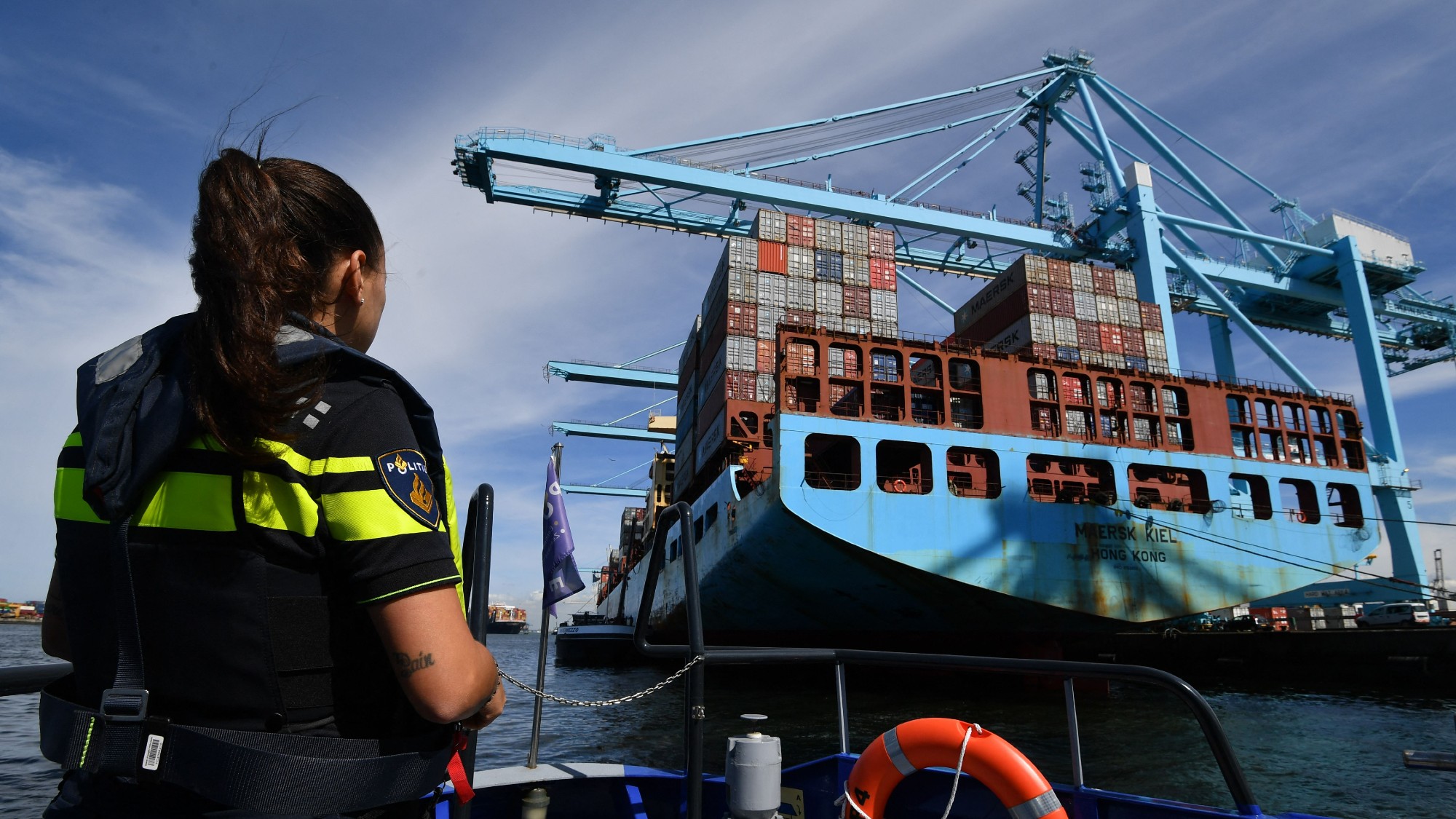 Europe's drug gangs in the spotlight
Europe's drug gangs in the spotlightThe Explainer The illegal narcotics trade is fuelling a surge in gang violence across the continent